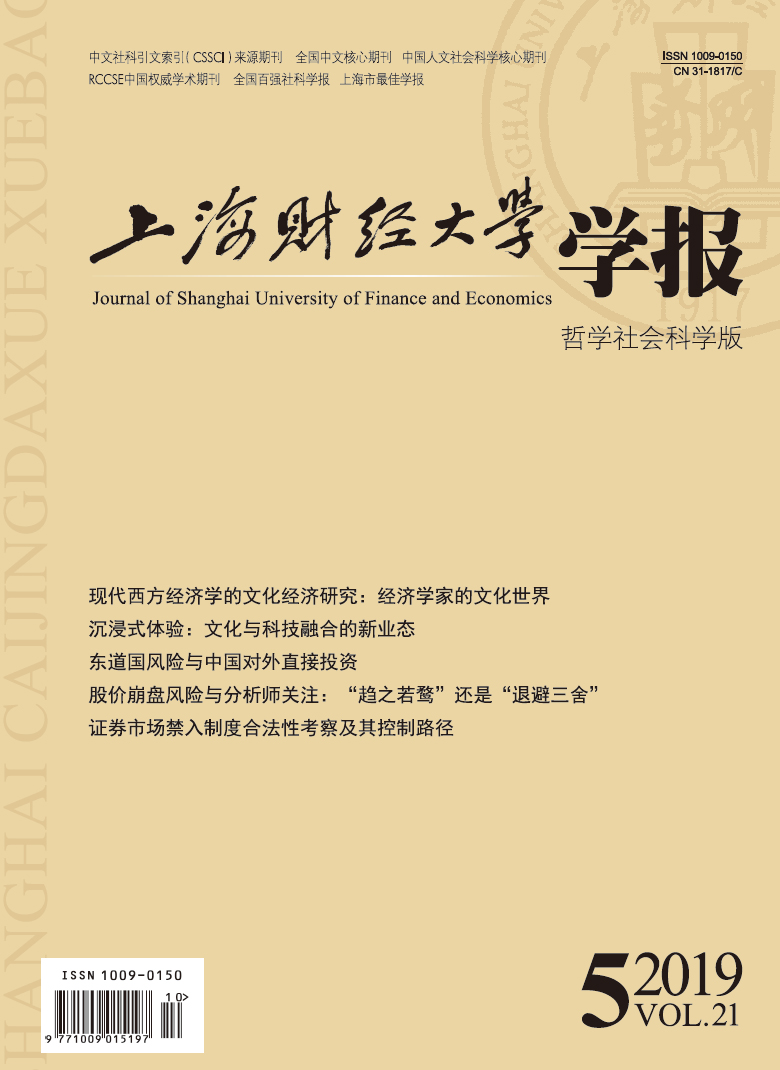Individuals, groups and organizations work to further their self-interests by developing and striving to reach their goals. Goals are both the causes and the results of these subjects’ striving, so goals can stimulate motivation for satisfying their requirements, and meanwhile guide and adjust their activities. Besides, the prevalence of self-interests has been debated by theorists. Some theorists believe that self-interests can facilitate opportunism, but others assert that self-interests can also be the basis of effective collaboration. It depends on how partners understand their goals which are set for attaining their self-interests to be related to each other, that is to say, it depends on goal interdependence.
The term " goal interdependence” was developed from the theory of cooperation and competition by Deutsch in 1949. It plays an important role in education, social relationship, organization development and so on. Some primitive researches concentrated mainly on education in order to solve the problems generated from collaborative learning. Afterwards, it expanded to the field of organizational behavior. In recent years, most researches about goal interdependence emerged in strategic management. But so far, because different scholars hold different views about the dimensions, scales, antecedents and consequences of goal interdependence, it is still fragmented about these researches in organization and management. So it is urgent to systematically review, integrate and structure the past researches on goal interdependence in the field of organization and management. As thus, it will be very clear about the future research directions of goal interdependence in this field.
According to the relevant literature, the present research clarifies and defines the concept and dimensions of goal interdependence in the organization and management field, and believes that it is the way goals are perceived to be structured that determines how people, groups and companies interact, and these interaction patterns, in turn, determine outcomes. At the same time, through a systematic review of existing research, this paper finds that goal interdependence results from people’s subjective estimation on the nature of relationships of their goals, and is composed of cooperative goals, competitive goals and independent goals. With cooperative goals, people consider their goal achievements to be positively correlated; as counterparts move toward reaching their goals, they also reach their goals. In competition, people believe that their goal achievements are negatively correlated; each perceives that the achievement of one makes it less likely that others will achieve their goals. With independent goals, achievements are thought to be unrelated; one’s goal attainment neither assists nor frustrates others’ goal achievements.





 4002
4002  5180
5180

